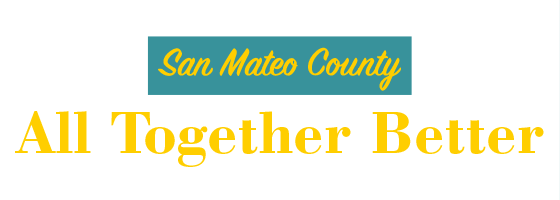Promising Practices
The Promising Practices database informs professionals and community members about documented approaches to improving community health and quality of life.
The ultimate goal is to support the systematic adoption, implementation, and evaluation of successful programs, practices, and policy changes. The database provides carefully reviewed, documented, and ranked practices that range from good ideas to evidence-based practices.
Learn more about the ranking methodology.
Filed under Effective Practice, Education / Student Performance K-12, Children
Goal: The goal of this program is to encourage social and academic development among grade school children who are socially rejected and have serious academic problems in reading or mathematics.
Filed under Evidence-Based Practice, Health / Older Adults, Older Adults
Goal: The goal of this promising practice is to increase physical activity in a diverse older adult population.
Impact: Participants in the Active Choices program showed significant increases in physical activity and a greater satisfaction with their body appearance and function. Participants of the program also showed decreases in their BMI.
Filed under Good Idea, Community / Governance, Racial/Ethnic Minorities, Urban
Goal: The Boston Public Health Commission worked to ensure their efforts were effective in reaching the populations experiencing obesity and tobacco-related health inequities.
Impact: Boston Public Health Commissions' strategic evaluation design allowed the department to make mid-course adjustments and enhanced their ability to contribute to the evidence-base regarding the influence of their initiative on advancing health equity.
Filed under Evidence-Based Practice, Health / Immunizations & Infectious Diseases, Teens, Urban
Goal: The goal of Adolescents Living Safely is to prevent HIV infection and AIDS among runaway adolescents.
Impact: Adolescents Living Safely changes youth sexual behavior to reduce transmission of HIV among runaways.
Filed under Good Idea, Education / Student Performance K-12, Children
Goal: The goal of this program is to introduce teachers and students in grades 5 - 8 to the people, vessels, and activities of the American Merchant Marine, and to foster an interest in geography, history, transportation, trade, science, math, and English.
Filed under Good Idea, Education / Literacy
Goal: ALMA’s mission is to help adults gain basic reading, writing, and math skills they need to achieve their educational, career, and personal goals.
Filed under Good Idea, Economy / Housing & Homes
Goal: The mission of AHC is twofold: to preserve the supply of affordable housing in the mid-Atlantic region, especially Northern Virginia and Baltimore, Maryland; and to ensure that properties developed or owned by AHC enhance the quality of life in the neighborhoods where they are located.
Filed under Evidence-Based Practice, Health / Children's Health, Children
Goal: The goal of the Al's Pals program is to teach children how to practice positive ways to express feelings, relate to others, communicate, brainstorm ideas, solve problems, and differentiate between safe and unsafe substances and situations.
Impact: Studies have shown that the program resulted in higher degrees of positive change in the intervention groups, increases in prosocial behaviors and positive coping behaviors, and decreases in antisocial and negative coping behaviors.
Filed under Effective Practice, Community / Crime & Crime Prevention, Teens
Goal: The mission of this program is to provide services that allow both victims and offenders to participate in a process where both parties have a sense of restored wholeness in their lives and in their communities. This wholeness is manifested when parties are feeling a sense of safety and trust in their communities and in their relationships with self and others. It is the goal of this organization to provide a sense of justice that repairs the damage done and restores relationships, both personal and communal, to their original state to the extent possible.
Filed under Evidence-Based Practice, Health / Alcohol & Drug Use, Teens
Goal: The goal of this program is to reduce alcohol misuse among adolescents.
Impact: Middle school students who receive the curriculum have increased knowledge about alcohol misuse when compared to a control group. Students who received programming in the 10th grade had significantly increased alcohol misuse prevention knowledge, decreased alcohol misuse, and increased refusal skills. During their first year of driving, students who received the curriculum were involved in fewer serious traffic or drug offenses than students in the control group.

